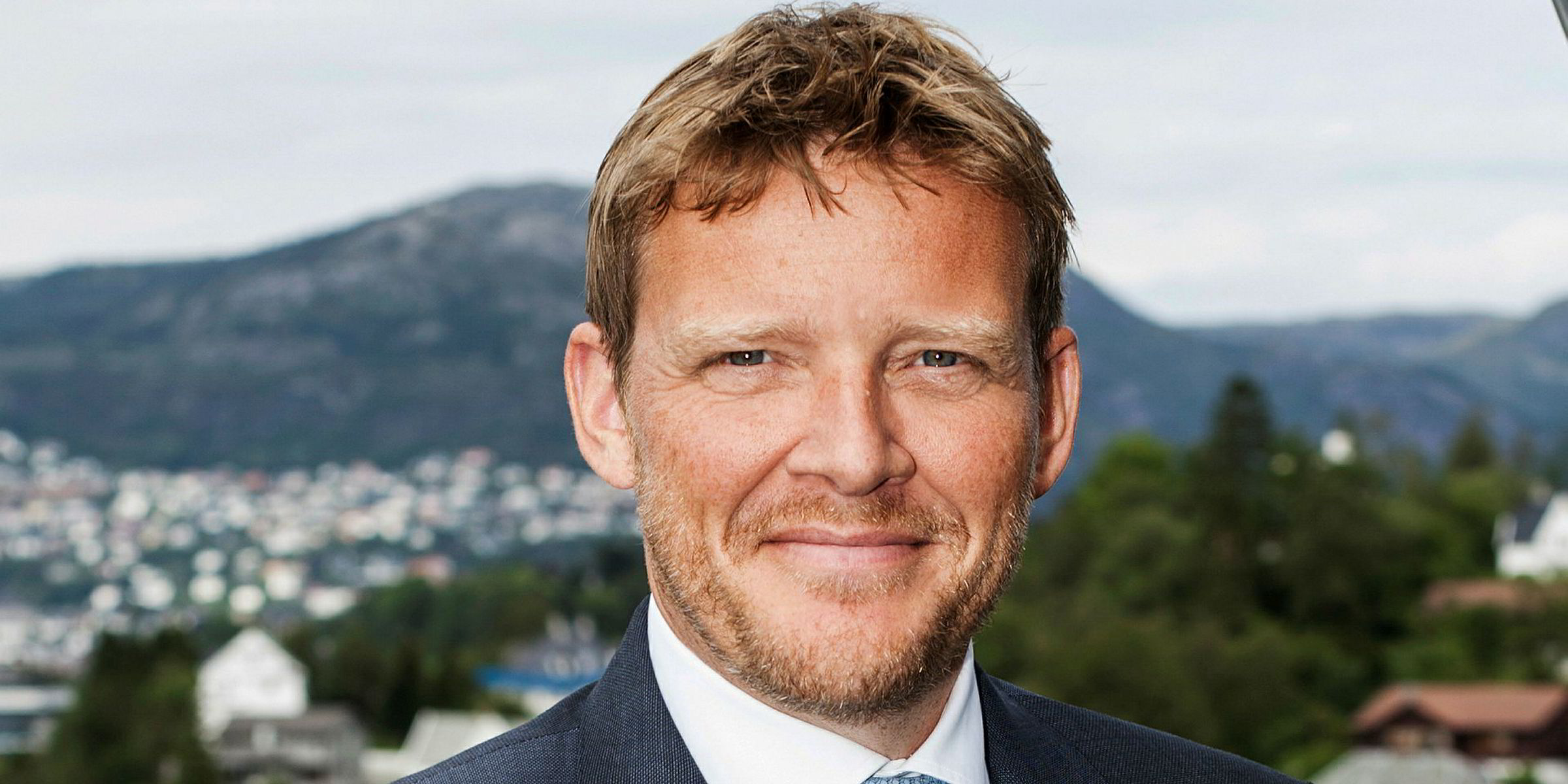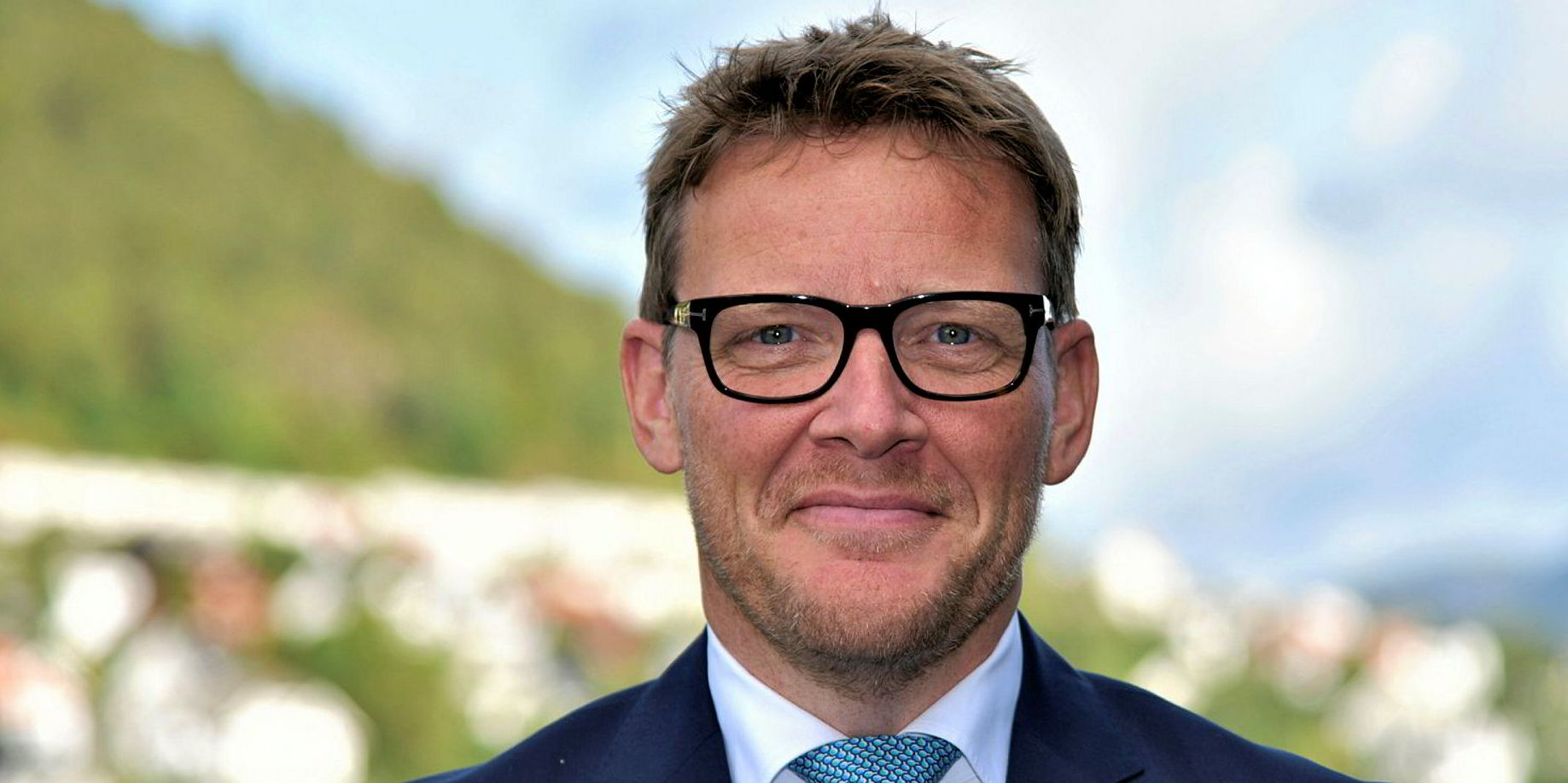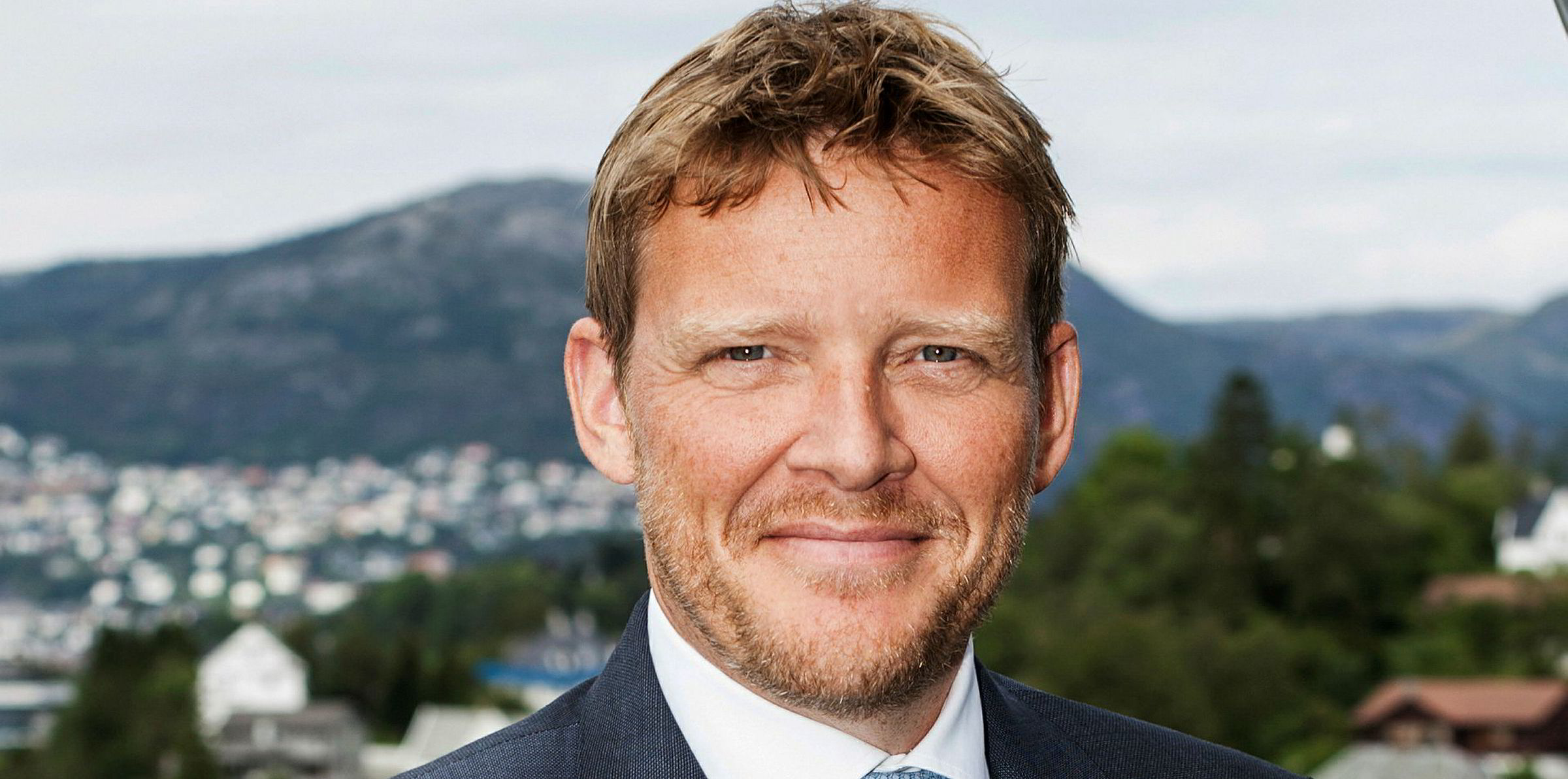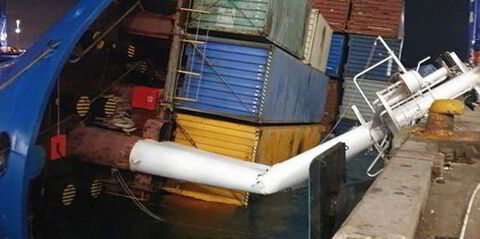Norway's Odfjell said it has taken delivery of the world's biggest stainless steel chemical tanker as it reduced its third quarter loss.
The shipowner said the 49,000-dwt Bow Orion joined the fleet in August from the Hudong–Zhonghua Shipbuilding in China.
Odfjell is poised to take delivery of another of these so-called "super-segregator" vessels this month, and a third is due in February.
Meanwhile, the Oslo-listed company said one chartered tanker was redelivered to its owner in the third quarter.
The developments came as the outfit reported that net losses for the three months to 30 September were cut to $1.1m, from $31.2m in 2018, due to a gain in profit from associated and joint ventures.
Revenue edged down to $233m from $234m, and financial costs increased.
Norne Research called the result "a bit weaker" than its estimate.
Adjusted for the NOK 14m gain from the Jiangyin terminal sale, Ebitda came in at $45m, against its forecast of $48m.
Rates up, volumes down
Spot rates on the main trade lanes increased by 2% compared to the second quarter, but volumes were down.
Tanker Ebitda was higher at $44.7m, from $26.8m, but the ships produced a net loss of $14.8m, against $12m a year ago, which was partly clawed back by terminals earnings.
Lower volumes were in particular evident on back-haul routes with added supply pressure from an increased share of swing tonnage, it said.
Cargo levels did not recover as quickly as expected following the summer downturn due to the geopolitical unrest in the Middle East, it added.
The company also signalled it could exit more terminal joint ventures in China.
CEO Kristian Morch said the third quarter "was impacted by the usual seasonal slowdown in volumes while rates remained stable".
"Since then, the market has normalised and we are encouraged to see the improvement in volumes, and the improved crude and product tanker markets, which should positively impact our markets going forward."
He added: "We are further encouraged by ongoing improvement in contract rates and that customers are accepting a pass-through of potentially higher bunker costs related to IMO 2020."
The company expects improved results in the final three months, driven by "improved chemical tanker fundamentals and a lower supply of swing tonnage in the chemical tanker market".
Danske Bank said the result was "still on the soft side", but it added: "Of interest is that contract rates are up circa 6% YTD compared to earlier and that customers accept a pass-on of the IMO 2020 fuel costs."
"The tone in the report is optimistic, but the results show there is a way to go. We expect a negative share price reaction today," the bank's analysts added.






